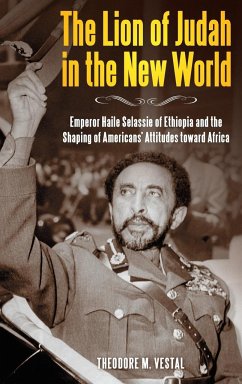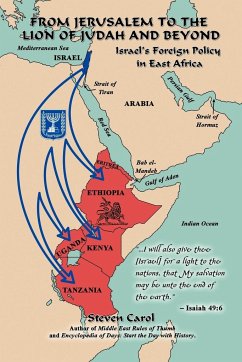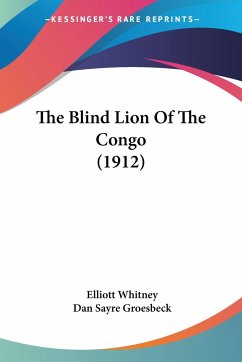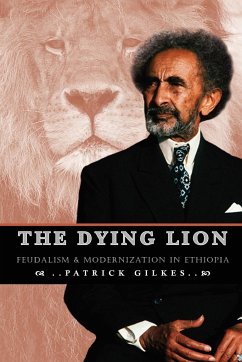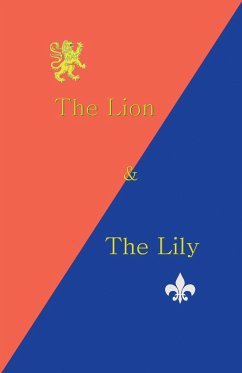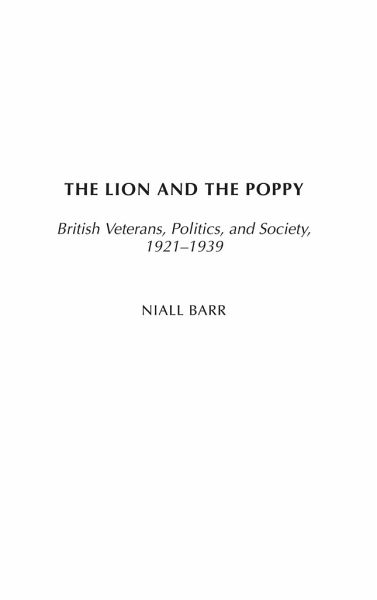
The Lion and the Poppy
British Veterans, Politics, and Society, 1921-1939
Versandkostenfrei!
Versandfertig in 1-2 Wochen
88,99 €
inkl. MwSt.

PAYBACK Punkte
44 °P sammeln!
In the years following World War I, the British Legion became a symbol for service, tradition, and stability in British life. In the war's aftermath, many veterans organizations on the continent became violently politicized. However, the competing groups in Britain came together in 1921 to form the unified and overtly non-political British Legion, the mission and identity of which was founded upon its members' experience of the Great War. The Legion belief that the comradeship of the trenches could transcend all barriers of rank and class was a reflection of the startling changes stirred by th...
In the years following World War I, the British Legion became a symbol for service, tradition, and stability in British life. In the war's aftermath, many veterans organizations on the continent became violently politicized. However, the competing groups in Britain came together in 1921 to form the unified and overtly non-political British Legion, the mission and identity of which was founded upon its members' experience of the Great War. The Legion belief that the comradeship of the trenches could transcend all barriers of rank and class was a reflection of the startling changes stirred by the Great War. Instead of succumbing to bitterness and alienation, the British Legion became a positive social force in the 1920s. Based on extensive original research, this is the first modern work to take an objective and analytical view of the British Legion. By examining each major facet of the British Legion in turn, Barr draws a convincing picture of this organization that became a national institution. Through its branches and clubs, fund-raising activities, political pressure, and work for peace, the British Legion became part of the fabric of British life and exerted a powerful and profound influence upon British society and politics. A better understanding of the legion and its social impact fills a real gap in our understanding of British life and society during the inter-war years.






